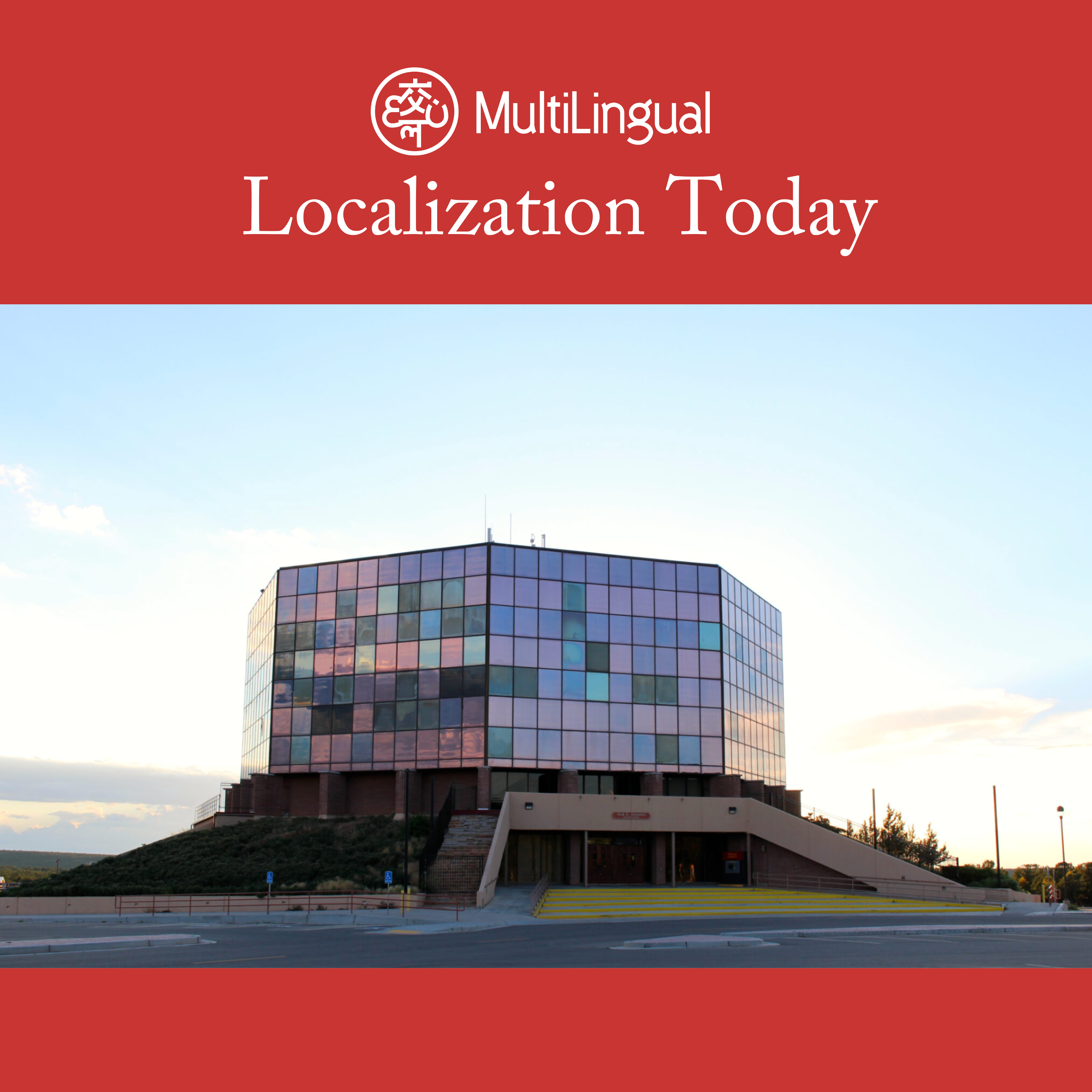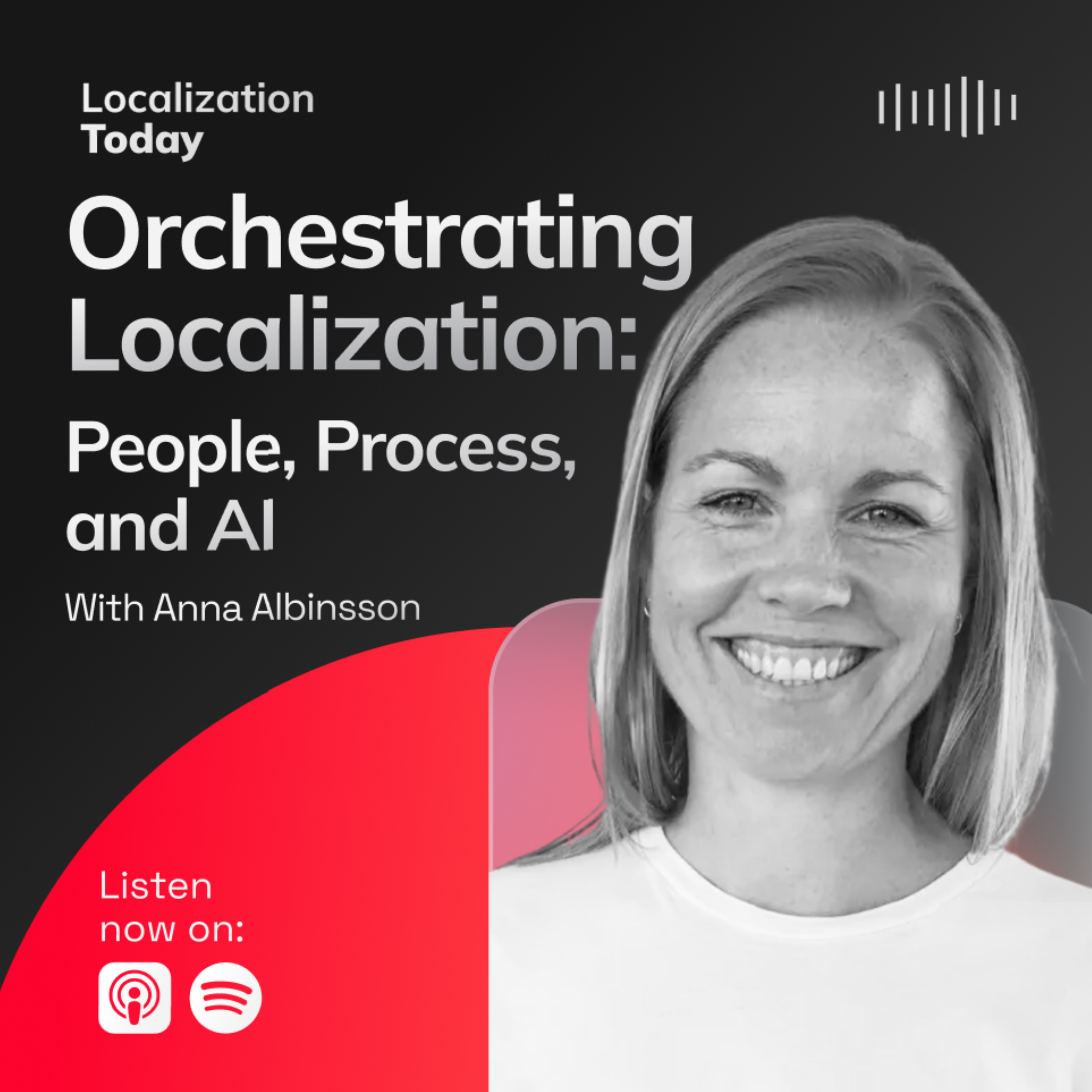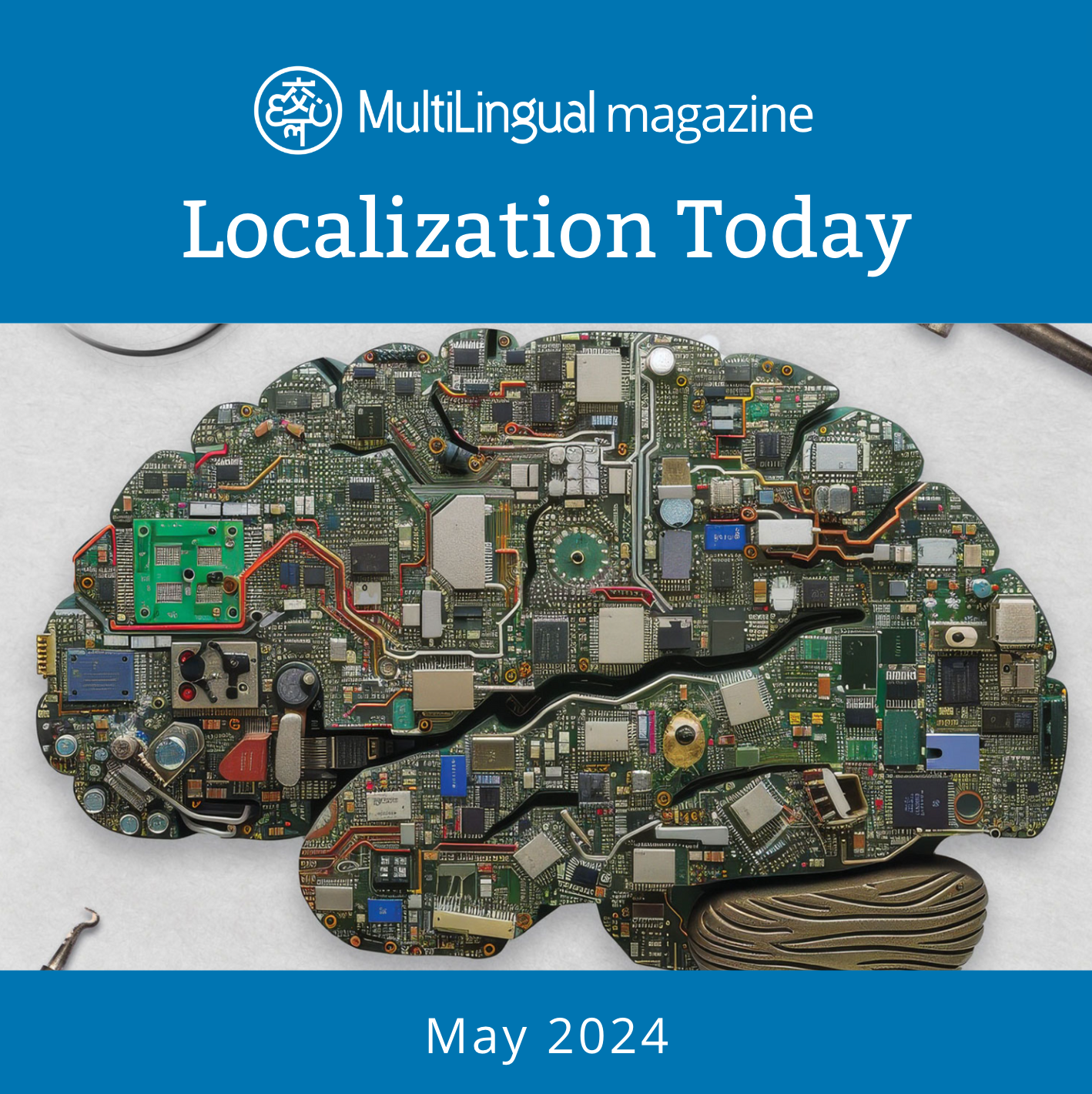Episode Transcript
[00:00:00] Why AI Generated Audiobooks Are the Fast Food of Literature A scathing critique of AI Audiobook narration by Yasir Tessen the audiobook industry is experiencing what some might call a revolution or paradoxically, a crash of unforeseeable magnitude.
[00:00:20] Artificial intelligence AI is endlessly feeding the eardrums of listeners with what we can call the fast food of content a soulless and crass mix of perfect sound, horribly imitating the human voice in no matter the language, AI generated audiobooks are like McDonald's burgers. Cheap, quick and low quality.
[00:00:41] They are edible and will fill your stomach, but they are miles away from nourishment.
[00:00:46] AI narration requires no retakes, no soundproof studio or sophisticated recording equipment.
[00:00:53] AI audiobooks don't require talented voiceover artists, just like you don't need to be a chef to work at a McDonald's restaurant. No offense to the hard working employees of fast food chains, AI voices never demand health insurance, lease royalties, or even credit. It's no wonder tech giants and content factories hail this progress like Rafiki raising up little Simba in the movie the Lion King.
[00:01:19] But narration is an arc. There is a reason why J.R.R. tolkien's reading of the Battle of the Pelennar Fields sends shivers down the spine of each and every listener.
[00:01:30] There is a reason why a chaotic and whimsical reading of the Catcher in the Rye soothes the soul of an anxiety ridden individual.
[00:01:37] As science fiction author Ray Bradbury once said, the artist's voice is not just a sound, but a breath of meaning.
[00:01:45] When humans read aloud, they give more than just an audio to the text. They bring the text to life.
[00:01:51] AI on the other hand, lacks subtlety and fails to imitate the nuances of human emotion.
[00:01:58] One of the greatest American authors, Mark Twain, once said, the difference between the almost right word and the right word is really a large matter. It's the difference between the lightning bug and the lightning that is precisely the difference between the voice of a human and the sound of an AI algorithm.
[00:02:16] One is the lightning and the other is the bug.
[00:02:19] Those in defense of AI narration often claim the democratization of the industry.
[00:02:25] I consider it to be a baseless defense.
[00:02:28] You cannot put thousands of professionals who have worked their whole lives to master their skills out of a job and call it democratization.
[00:02:37] The same proponents argue that AI is just a tool that would never replace human voice actors.
[00:02:43] But is it really just a tool?
[00:02:45] They should ask the thousands of anxious voiceover artists who are either on the brink of losing their job or have already lost it Some people might say, well, if it sounds okay, ish, why does it matter so much?
[00:02:58] It is only going to get better.
[00:03:00] It surely and absolutely matters.
[00:03:03] It takes literature, one of the most valuable human art forms, and strips it of its humanity like fast food. It is wholly unhealthy, a destroyer of taste and authenticity.
[00:03:15] We must ask ourselves, do we really listen to audiobooks purely to consume words? I hope we don't.
[00:03:22] I believe we listen to audiobooks for an expressive interpretation of the written text, for the personal touch of a human.
[00:03:29] Just like we read a book because the writer risked their vulnerability to write it for its essence.
[00:03:35] What if the grand tradition of storytelling succumbs to a few lines of code? What if our grandchildren never get to experience the magic of real voices narrating the stories of fairies and knights?
[00:03:47] Can you imagine your children going to bed to the sound of an AI model? Isn't it dystopian?
[00:03:53] A sound churning machine is rapidly taking over the very essence of human culture.
[00:03:59] And I strongly believe that audiobook narration is just the beginning of AI's impact on literature.
[00:04:05] What if tomorrow AI starts generating novels?
[00:04:09] What if every aspect of literature becomes a progeny of a soulless system?
[00:04:14] We must draw a line somewhere. We are at the crossroads of one of the most crucial choices we can make concerning the future of literature. We can either embrace AI as a mere tool without allowing it to replace the touch of humanity in literature, or. Or we can ride the wave towards a monotonous and lifeless AI dominated future. A future where literature is a product on a constantly running supply chain devoid of everything that was ever considered human.
[00:04:42] We as listeners have the power to make that choice.
[00:04:46] We have the power to demand, to reject and to protect the art of storytelling in all its beauty. But if we remain complacent, we might lose this power of choice.
[00:04:57] Demand better. The history of literature is the history of human civilization.
[00:05:02] Protect it. Don't let it be snatched from your hands.
[00:05:06] Literature deserves to be more than a line of algorithms. It deserves a soul, a beating heart and a human voice.
[00:05:13] This article was written by Yasir Tessen. He is a Hindi writer and translator with 5 years of experience as well as an Urdu poet. He holds a Master's degree in Journalism and is co founder of localization company Altec Solutions.
[00:05:30] Originally published in Multilingual Magazine issue 242, July 2025.


